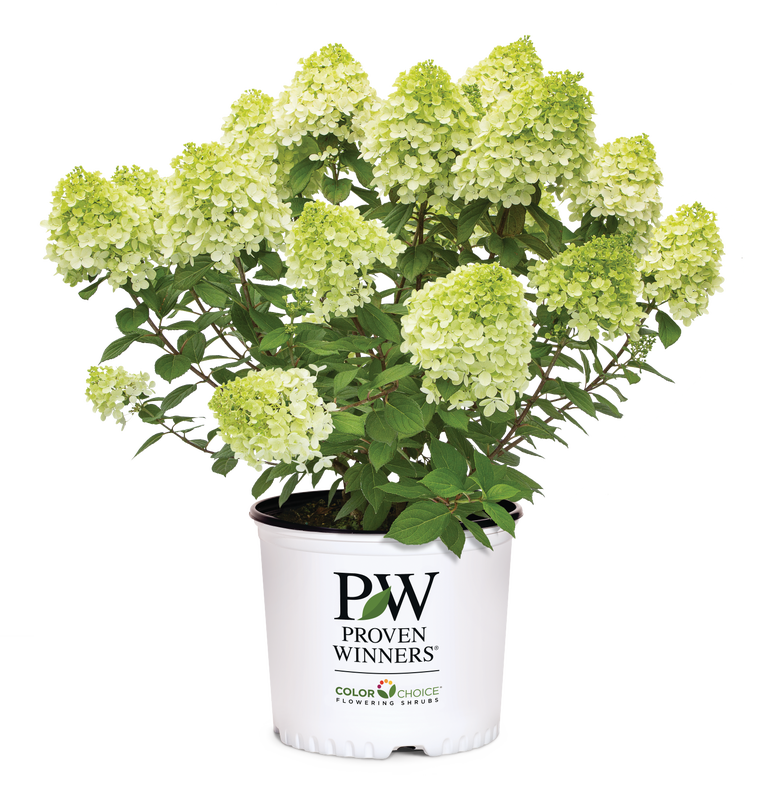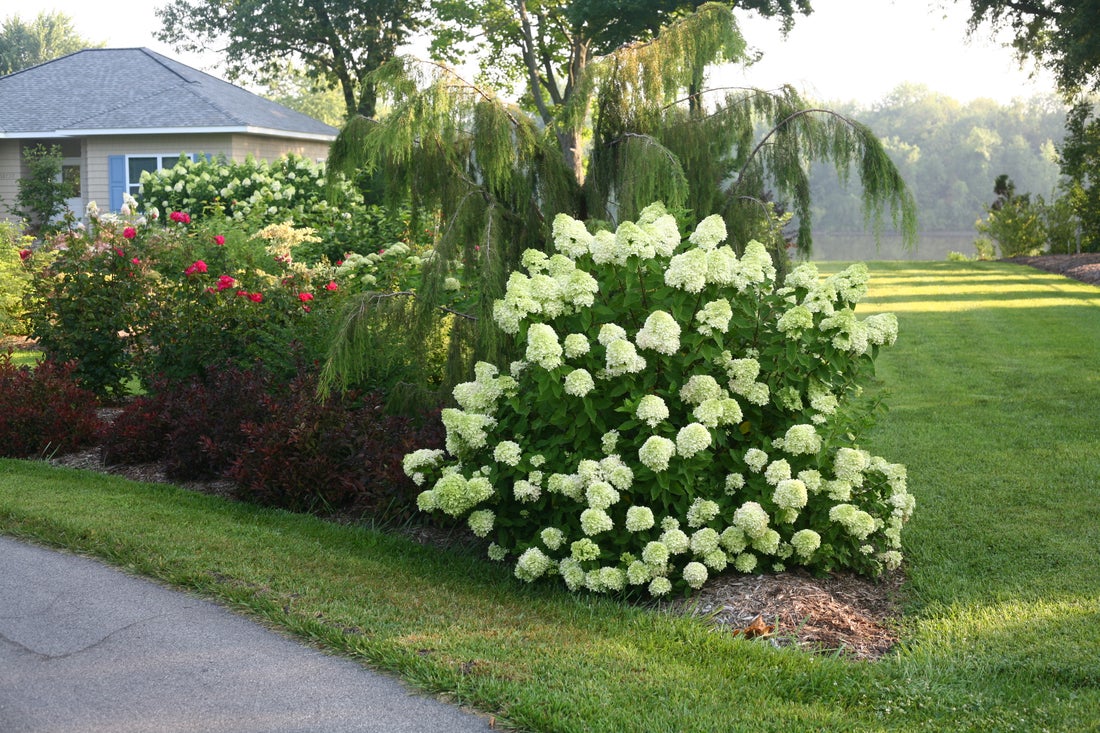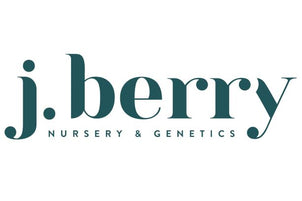Get your Summer plants now! Use code JBN10 for 10% off.




























Hydrangea pan. Little Lime® - 2 Gallon
$49.98
Little Lime®
Patent #: PP 22,330
Botanical Name: Hydrangea paniculata
Hardiness: Zone 3-9
Size: 3'-5' H x 3'-5' W
Spacing: 5'
Growth Habit: Upright shrub
Light: Full Sun
Water: Keep soil moist until established
Prune: Prune in late winter or early spring
Plant Food: Apply slow release once per year in early spring
Mulch: Keep a layer of mulch around the base of the plant year-round to conserve water and reduce weeds
Ideas for Use: This versatile plant works well when planted in the landscape or a decorative container, is a more compact selection of Hydrangea paniculata that fits in smaller spaces, also use as a cut or dried flower.
Photo courtesy of Proven Winners ColorChoice Shrubs
